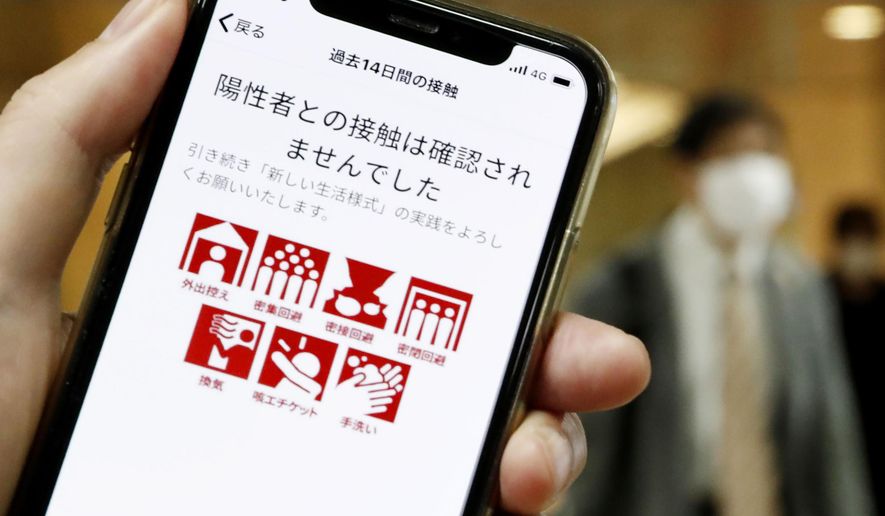OPINION:
Make way for the U.S.S.A. — the United Surveillance States of America.
And it’s all due to COVID-19.
A contact tracing app that administrators at a college in Michigan forced on all students as a condition of their presence on campus not only identifies the app user by name — not only pinpoints the app user by geographic location — not only generates a specific code that labels the app user as either “certified” or “denied,” based on required coronavirus test results — but also sends an alert to school bureaucrats about “denied” students behaving against COVID-19 protocols. Administrators then, in turn, can lock these students’ identification cards remotely and prevent them from accessing certain buildings and campus facilities.
Think about that for a moment. An app that tattles; hmm, what could go wrong?
That means the college — Albion, a private liberal arts school tied to the United Methodist Church — is tracking students, monitoring students’ behaviors, and punishing students, long-distance, without regard for due process or, more figuratively speaking, trial by jury, for actions deemed in defiance of COVID-19 safety precautions.
From The Verge: “In addition to having to install the app, students were told they are not allowed to leave campus for the duration of the semester without permission over fears that contact with the wider community might bring the virus back to campus. If a student leaves campus without permission, the app will alert the school, and the student’s ID card will be locked and access to campus buildings will be revoked.”
Are you freaking kidding?
Or, put another way: What is this, freaking communist China?
And here’s the real kick in the teeth moment: TechCrunch found the app, called Aura, is a privacy leak just waiting to happen. In an analysis of the app, TechCrunch discovered that it was easy-peasy to reconfigure the student codes generated by the app and tap into other users’ personal, private data. Err, make than personal, not-so-private data.
Technology being what it is — technology — contact tracing apps are hardly 100 percent safe and secure from hacks. But Aura goes above the unsafe, flies right past the hack fears and jumps, head first, right into surveillance state darkness.
“I think [this app is] more creepy than anything and has caused me a lot of anxiety about going back,” one Albion College student told TechCrunch, as cited by Ars Technica.
There’s an understatement.
The bigger worry is what’s coming.
“Alabama college students encouraged to download COVID-19 contact tracing app,” an NBC affiliate reported in mid-August.
“Contact Tracing App Launches, College Students Highly Recommended to Utilize,” WAAY TV 31 reported in early August.
“How to Get People to Actually Use Contact Tracing Apps,” Harvard Business Review wrote in July.
On that last, here’s a thought: Don’t let the apps be used to lock people out of buildings because they disobeyed a bureaucrat’s order. That’d be an idea. That’d be one idea.
But anyone who still thinks contact tracing is being developed and pushed as a best interest for the people is living with blinders.
This technology, in the hands of abusers — in the hands of government, any form of government — is a surveillance nightmare. And it’s one Pandora’s Box that just shouldn’t be opened, not in a free country like America, anyway. On contact tracing apps, just say no.
• Cheryl Chumley can be reached at cchumley@washingtontimes.com or on Twitter, @ckchumley. Listen to her podcast “Bold and Blunt” by clicking HERE. And never miss her column; subscribe to her newsletter by clicking HERE.




Please read our comment policy before commenting.